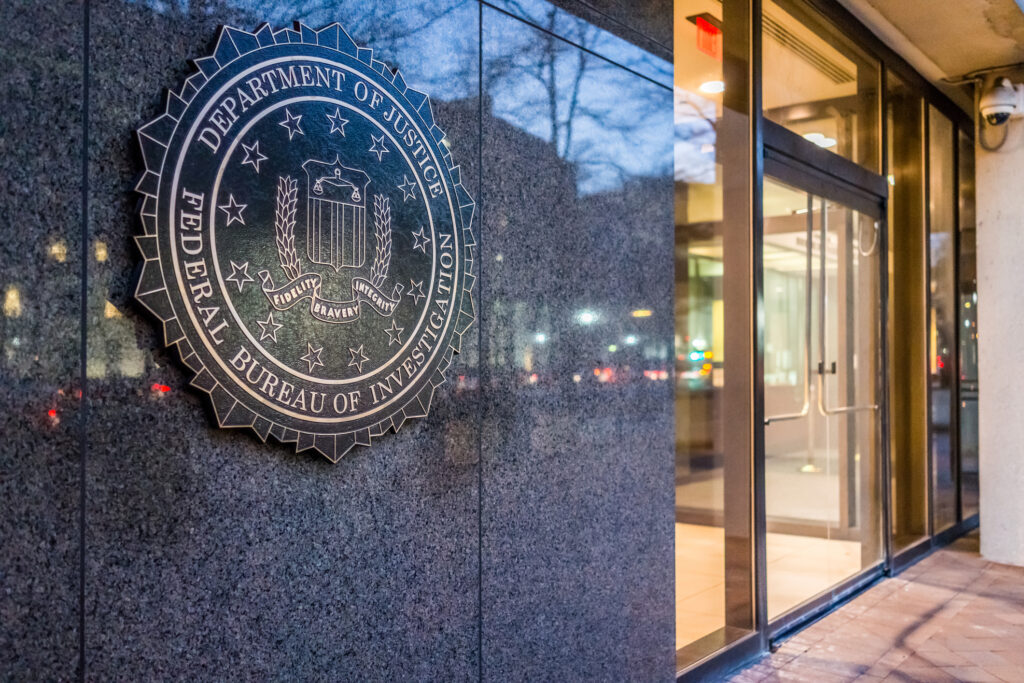Class-action lawsuit reform designed to discourage venue-shopping and to assure that plaintiffs rather than trial attorneys are the main beneficiaries of successful suits died in the U.S. Senate on July 7. A bipartisan majority of 62 senators supported the legislation, but opponents successfully killed the measure by insisting a host of unrelated amendments be included in the bill.
Senators Tom Carper (D-Delaware) and Charles Grassley (R-Iowa) spearheaded the legislation in what they characterized as an attempt to bring more predictability and fairness to class-action lawsuits. Under the current system, trial lawyers typically file class-action suits in whichever state court system appears most friendly to plaintiffs, regardless of where the defendant or the majority of plaintiffs are located. Moreover, trial lawyers frequently settle class-action suits in a way that provides the lawyers with multimillion dollar rewards, but offers plaintiffs little more than nominal benefits.
Venue-Shopping, Settlement Hogging
The reform legislation addressed current venue-shopping abuses by moving to the federal courts all class-action lawsuits seeking more than $5 million in damages, provided there are at least 100 plaintiffs and that less than two-thirds of the plaintiffs live in the same state as the primary defendant. “Cases that have a national interest belong in federal court, and those that do not should stay in state courts,” said Senator Herb Kohl (D-Wisconsin), a cosponsor of the bill.
To address settlement inequities, the legislation provided lawyers’ fees could not exceed the value of benefits accrued by plaintiffs in any class-action settlement.
“The reality is that the class-action system is broken and we should do something about it,” said Grassley. “The current class-action system is rife with problems which have undermined the rights of both plaintiffs and defendants alike.”
Proponents of the reform measure offered examples of gross abuses of the current system, such as a recent settlement with a bottled water company in which trial lawyers negotiated $1.35 million in legal fees for themselves while committing their clients to accept nothing more than discount coupons for future purchases of bottled water.
Killed by Procedural Maneuvers
Despite the bipartisan support of 62 senators, the reform bill died as a result of procedural maneuvers by senators attempting to attach unrelated bills. Knowing the end of the 2003-2004 session was near, supporters of a variety of unrelated bills that would not otherwise receive consideration this year insisted they would withdraw their support for the class-action reform bill if certain unrelated amendments were left off.
For example, Senator Edward Kennedy (D-Massachusetts) tried to attach a bill to increase the minimum wage to $7 per hour. Senators John McCain (R-Arizona) and Joseph Lieberman (D-Connecticut) attempted to attach a bill to regulate and place a cap on greenhouse gas emissions. Other Senators sought to attach other unrelated amendments, including a ban on assault weapons, legalization of low-cost drug imports, and a requirement that health insurance providers offer mental health coverage to the same extent they offer physical health coverage.
When Senate Majority Leager Bill Frist (R-Tennessee) ended consideration of the unrelated amendments, the majority support for the class-action reform legislation evaporated.
Advocacy Groups Cry Foul
News that the reform legislation, which already had been approved by the U.S. House of Representatives, had failed in the Senate brought expressions of disappointment from many congressmen, consumer advocates, and business groups.
“Our country’s employers and workers have waited long enough for this legislation,” said U.S. Chamber of Commerce President Thomas Donohue. “This is a sensible bill that serves the best interests of the American people, not trial lawyers seeking jackpot justice. Passage of this bill this year is the only responsible course of action for the Senate.”
“It is possible to forge a consensus on a moderate and reasonable legal reform bill that protects consumers and is fair to business,” Donohue continued. “This common-sense legislation, which has broad, bipartisan support, should be quickly passed by the Senate without amendment.”
“Although we are disappointed at the procedural gimmicks that continue to stymie an up-or-down vote on the bill, we remain committed to passing this reasonable and vital piece of legislation this year,” added Stanton Anderson, chair of the Class Action Fairness Coalition.
James M. Taylor ([email protected]) is managing editor of Environment & Climate News.




